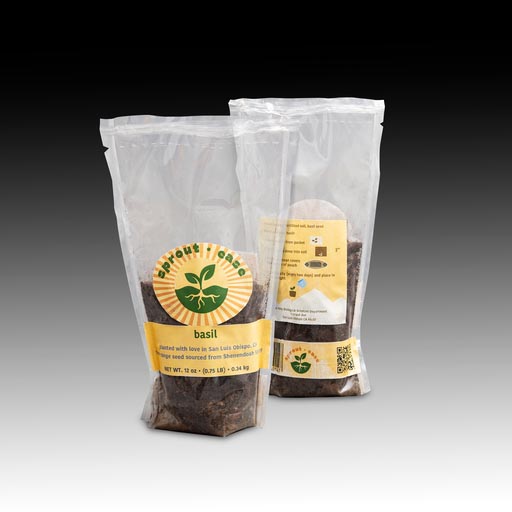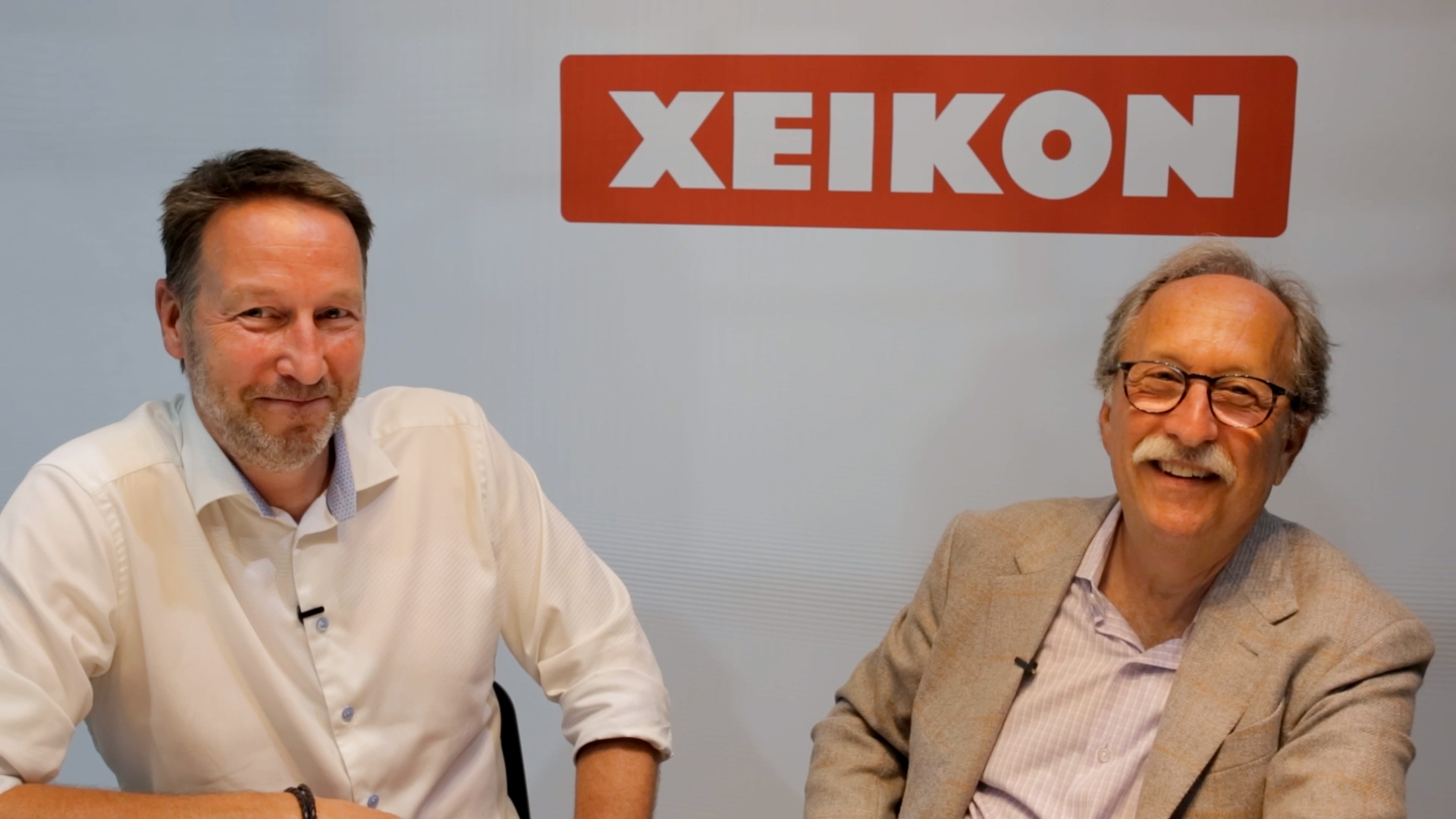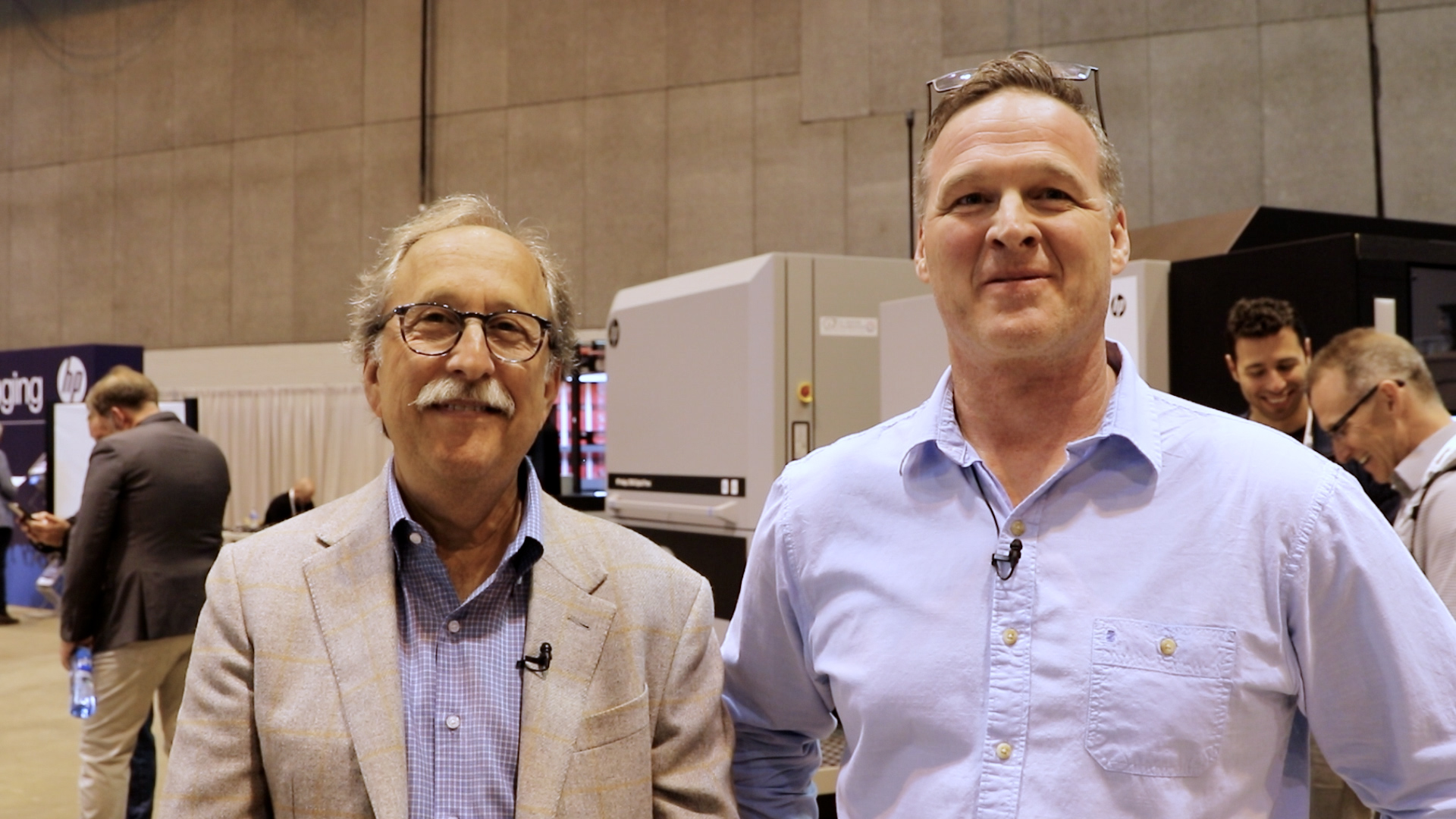FPA Announces 2023 Student Flexible Packaging Design Challenge Winners
Press release from the issuing company

The entries demonstrate a high level of creativity, a strong understanding of the mechanical properties of flexible packaging materials, and the manufacturing processes involved
Annapolis, MD – The Flexible Packaging Association (FPA), the leading advocate and voice for the growing U.S. flexible packaging industry, is pleased to announce the winners of the FPA 2023 Student Flexible Packaging Design Challenge. This year’s first winner was a student from California Polytechnic State University, and the second place winner was a team of students from the University of Wisconsin – Stout. There was also one honorable mention awarded for the 2023 competition, also from the University of Wisconsin – Stout.
FPA’s annual Achievement Awards competition recognizes innovative flexible packaging from across its membership. The industry also believes it is important to encourage and recognize students who are working to become the next generation of packaging designers.
The first-place winner was Caroline Powell from the California Polytechnic State University under the direction of Joongmin Shin, Ph.D., Associate Professor. “The FPA Student Design Competition is a valuable opportunity for students to highlight their creativity and innovation. It is also a great way for students to network with industry professionals and learn about the latest trends in flexible packaging. As one of the schools that offers packaging degree programs, I want to give my students a chance to compete against the brightest packaging students in the U.S.,” states Shin. “I am so proud of Caroline for winning the FPA student design competition. This is a prestigious award for many talented students in packaging education programs. I am grateful to FPA for providing this opportunity for our students.”
In discussing her biggest challenge with her entry, Powell noted, “The biggest challenge I faced with putting together this package was figuring out the watering and drainage of the pouch. Because the pouch was inspired by a classic plant pot, I needed to incorporate drainage features into the flexible pouch. This was important to ensure the quality of the product and prevent waterlogging and root rot. However, I had to design the drainage in a way that kept the package air and water-tight during shipping so that the drainage holes were an active feature after the product was purchased. This problem was solved by adding adhesive pull tabs that the user removes upon purchasing to activate proper drainage.”
A packaging concept for puppy chow was the second place winner, a team of students from the University of Wisconsin – Stout. Olivia Leipnitz, Elaina Marxen, Annabelle Meyer, and Ella Stelter, under the direction of Gary Borges, Associate Professor, designed a flexible packaging solution that reduces packaging waste, food waste, minimizes the use of utensils and dishes, and creates a new storage method with their Puppy Chow Kit concept. “Winning second place in the competition means a lot as my group members and I put in many hours thinking of ideas, designing everything, making the prototypes, and putting together the videos,” states Marxen. “It shows that our hard work and dedication worked out for us and that we have the skills needed for our desired career paths.”
According to Meyer, “Success in the competition means that I was able to apply the knowledge that I have learned from packaging courses at UW-Stout successfully. Going from a late-night idea to a finished product over the course of 3 weeks shows that hard work truly does pay off.”
Commenting on the competition as a whole, Borges notes, “Having packaging students at Stout work on the FPA Student Design Challenge enhances their education by providing a team project where students are required to participate and develop as a TEAM; provides an ideation project to develop creativity; provides an example where you have to present and sell your idea to management or perhaps a customer; provides an opportunity for students to grow their self-esteem; provides content to add to their LinkedIn profile; and provides an opportunity to interact with an industry mentor creating important industry contacts.”
FPA’s Emerging Leadership Council (ELC) oversees the Student Flexible Packaging Design Challenge and judged this year’s competition. The ELC judges for the competition included:
· Evan Arnold, VP Business Development, Glenroy Inc.
· Kasie Fairbarn, Vice President of Sales, Windmoeller & Hoelscher Corporation, ELC Co-Chair
· Abbey Phillips, Sr. Product Development Engineer, American Packaging Corporation
· Jonathan Quinn, Director of Market Development & Sustainability, Pregis, ELC Co-Chair
For the 2023 competition, FPA received 62 concept outlines from some of the top packaging design programs across the United States. From the concept outlines submitted, 21 were selected to continue to the development phase.
FIRST PLACE HONORS
Sprout Ease
· Student: Caroline Powell
· School: California Polytechnic State University
· Professor: Joongmin Shin, Ph.D., Associate Professor
Introducing the revolutionary Sprout Ease stand-up pouch! The innovative design not only boasts recycled plastic material but also reduces carbon emissions by minimizing transportation space with its lightweight, foldable gusset feature. And that's just the beginning. Say goodbye to traditional plant-growing pots and hello to Sprout Ease. The pouches offer a sustainable alternative to conventional plant pots, with the added convenience of built-in drainage for watering. The easy-peel drainage feature allows you to control the amount of water your seeds receive, ensuring optimal growing conditions for every plant. But it's not just what's inside the pouch that counts – the manufacturing process is just as environmentally conscious. I prioritize energy efficiency by minimizing material modification processes and utilizing heat sealing and hole puncturing for drainage. Join me in revolutionizing the way we grow plants and protecting our planet with the Sprout Ease stand-up pouch.
SECOND PLACE HONORS
Puppy Chow Kit
· Student Team: Olivia Leipnitz, Elaina Marxen, Annabelle Meyer, and Ella Stelter
· School: University of Wisconsin – Stout
· Professor: Gary Borges, Associate Professor
The Puppy Chow Kit would change the way of making puppy chow altogether. This innovative design reduces packaging waste, food waste, minimizes the use of utensils and dishes, and creates a new storage method. This flexible material would be sustainable because the chosen material of 90% PCR content based. This product would greatly increase customer convenience and would reduce the amount of clutter in the kitchen.
HONORABLE MENTION
Double Guacamole Flexible Pack
· Student Team: Trenton Klabon, Ann Rackliffe, and Derick Vollendorf
· School: University of Wisconsin – Stout
· Professor: Gary Borges, Associate Professor
Guacamole has a short life of desirability and quickly turns unappealing to consumers when exposed to air. Our packaging design helps to minimize this problem by taking a standard size of the product and compartmentalizing it. This allows our single package format to get both benefits of a large and small package. Consumers now get a more consistent product than they would normally receive in the larger format. This design saves the product, reduces materials used, and is recyclable creating a package that is more sustainable and reduces waste. This concept can be adapted to other sensitive products for applications.
For more information on the Student Flexible Packaging Design Challenge or the Flexible Packaging Achievement Awards Competition, please visit www.?expack.org, or contact FPA at 410-694-0800.
- Innovations in Inkjet for Textile Production – live webinar
- Buying Inkjet Part 1: Does This Printer Make Me Look Good?
- LabelExpo 2023: Launches and Trends – Part 2
- Driving profitability with cut-sheet inkjet
- Zero Trust Environments for Inkjet Printing
- Kevin Roman on the evolution of professional services needs
- LabelExpo 2023: Launches and Trends – Part 1
- Inkjet Gets into “Hard Core” Applications
© 2023 WhatTheyThink. All Rights Reserved.









Discussion
Join the discussion Sign In or Become a Member, doing so is simple and free